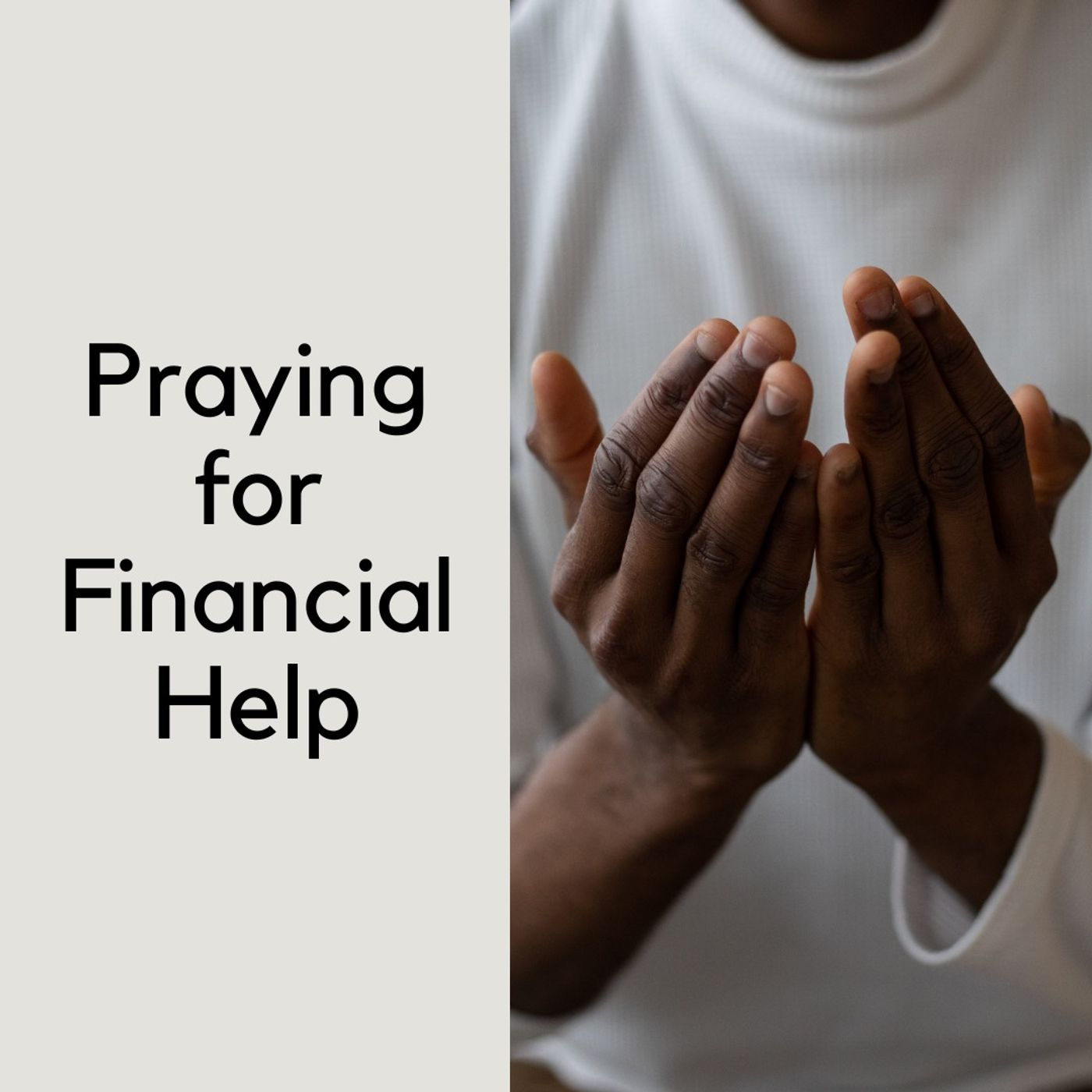Talking Inheritance
Boomers are on the verge of making the greatest wealth transfer in history, but is the next generation being prepared?

While Boomers are on the verge of making the greatest wealth transfer in history, research shows they’re not preparing the next generation to manage that inheritance.
The investment giant Edward Jones recently published a study on the issue. It found that half of all Americans, or 48%, plan to leave an inheritance. Half will leave money and property to their children only, and 36% will leave assets to their children and grandchildren.That much is good, but the next set of numbers is troubling. The study also found that only 27% of Americans have talked about wealth transfer with their heirs-to-be, and another 35% actually said they don’t plan to.
That will leave millions of millennials and gen-Z-ers in the dark about the assets they’ll inherit and many without the wisdom required to manage them. Experts say it’s more important than ever for families to discuss wealth transfer and to seek professional guidance when necessary.
Other factors come into play as well. While generational wealth transfer as a whole will be the highest ever, some future heirs may not receive as much as they expect.That’s mainly because people are living longer. Boomers may consume more of the assets they’ve saved up than previous generations. That’s due in large part to the ever-increasing cost of health care.
This is likely to affect how assets are passed along, and in fact, that same study found four different ways this may happen.
The first is ”traditional giving.” That’s when parents simply pass along their assets to children, including cash, stocks, and real estate. Children need to ensure that their parents are utilizing a sufficient amount of their assets to maintain a healthy lifestyle. In contrast, parents must start talking to their adult kids about transferring those assets.
Another approach the study uncovered could be called “giving while living.” This is when the older generation helps the younger by paying for education, helping to purchase a home, and maybe even paying for vacations. The younger generation may wonder if there will be anything left to inherit and whether they’ll have to support their parents financially in retirement. Having an early conversation about assets can alleviate those concerns. Another form of wealth transfer may be the “generational skip.” Boomers may elect to give their assets directly to grandchildren to help with education, to start a business, or to set up investment accounts. Here at FaithFi, we get many calls from folks wanting advice on how to help their grandchildren get started in the world.The Edward Jones study also found that one out of four respondents believes their grandchildren will be better stewards than their children. When that happens, it’s critical to have a money conversation with children who are skipped over to avoid damaged relationships.
Finally, some millennials and gen Z-ers may find that there’s nothing left to inherit. Longer living spans may force the older generation to use up their assets, leaving little or nothing for the next generation. It’s generally advised that retirees draw down only 4% a year from retirement assets to safeguard the principal of their investments, but for some retirees, that may not be possible.
What’s the solution? Obviously, Boomers need to start talking to their adult children about wealth transfer. They must pass along the wisdom they’ve gained over the years that enabled them to acquire and keep wealth. Family conferences are great for this. If you feel you need help with this, you can bring in a financial advisor to “emcee” the discussion. We recommend getting one with the Certified Kingdom Advisor® designation. One conference probably won’t be enough because things change over time. The goal is to prepare your kids to be faithful stewards of whatever is left to them. They need to understand that God owns everything, and they’re expected to manage an inheritance wisely. They’re expected to provide for their families and cheerfully give back to God. Teaching them how is the greatest inheritance you can leave them. You can also listen the related podcast on this topic.Related Articles

December 29, 2025
Faith in God’s Provision
One of the most repeated promises in the Bible is “The Lord will provide." Rob West points out that He provides not only...

December 29, 2025
A Generosity Game Plan with Kirk Cousins
Missionary martyr Jim Elliot famously wrote, “He is no fool who gives what he cannot keep to gain what he cannot lose.” ...

December 26, 2025
Praying for Financial Help
Is it okay to ask God for financial help? Rob West says nothing in the Bible says it’s not. However the attitude behind ...